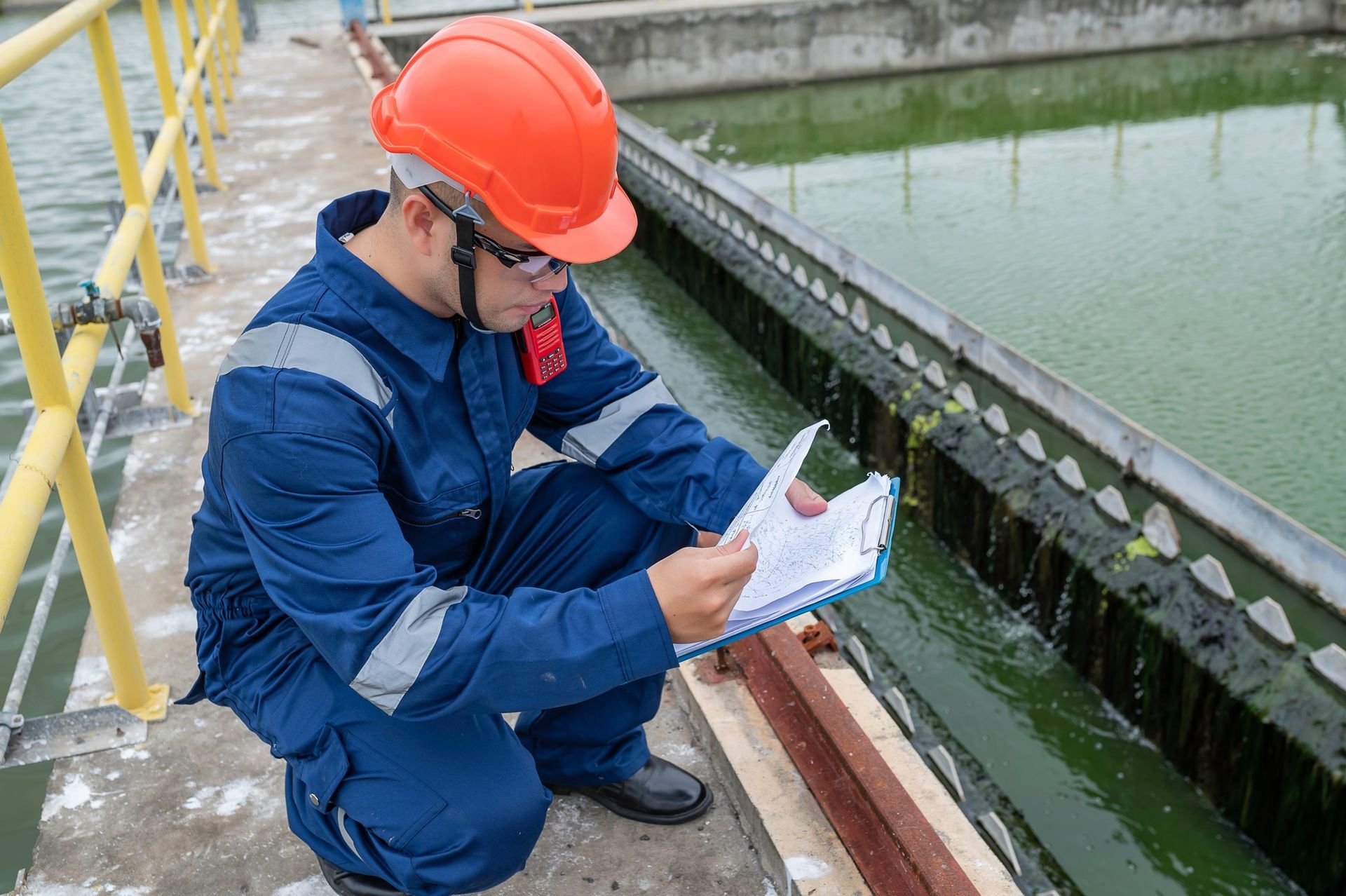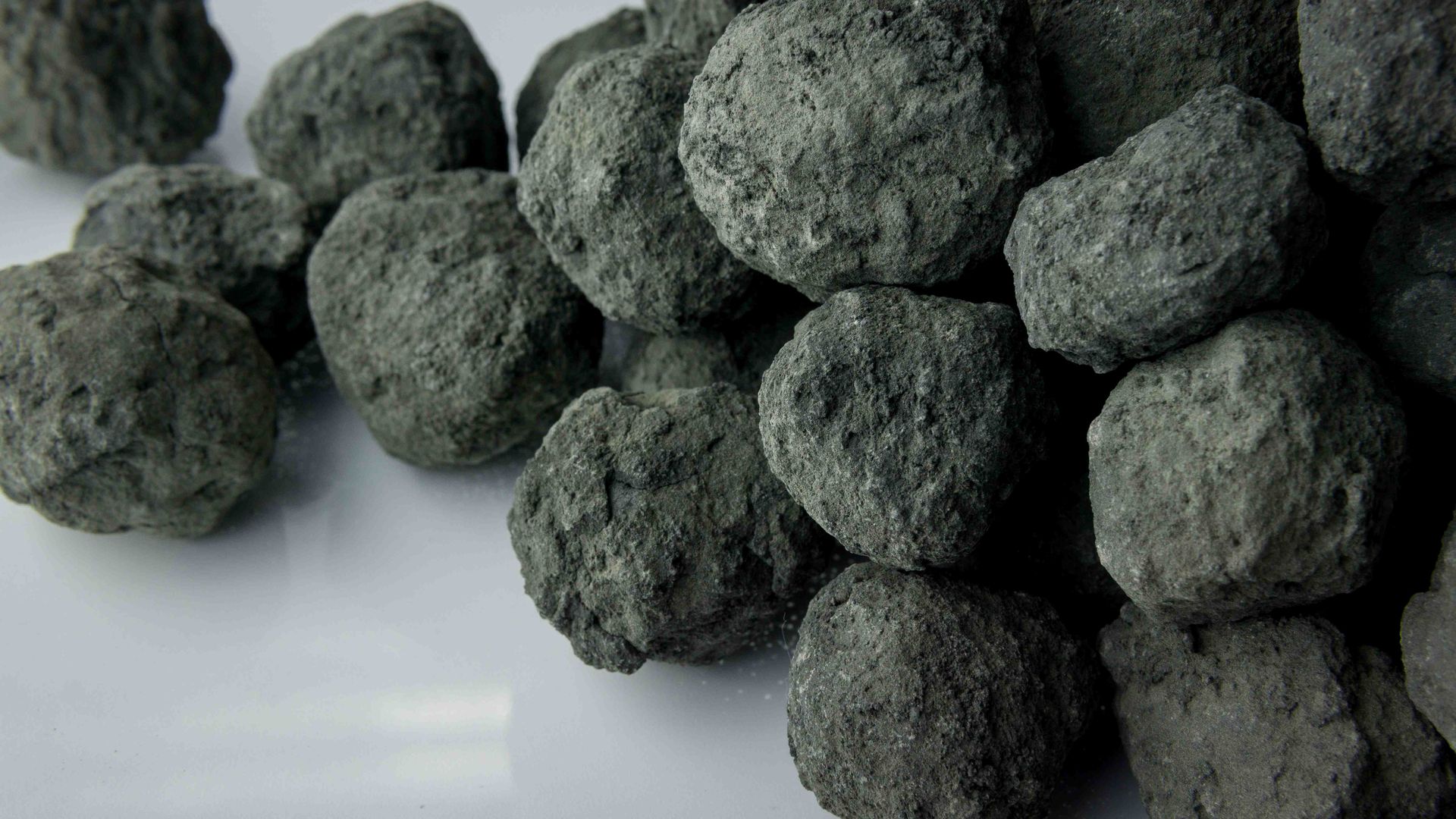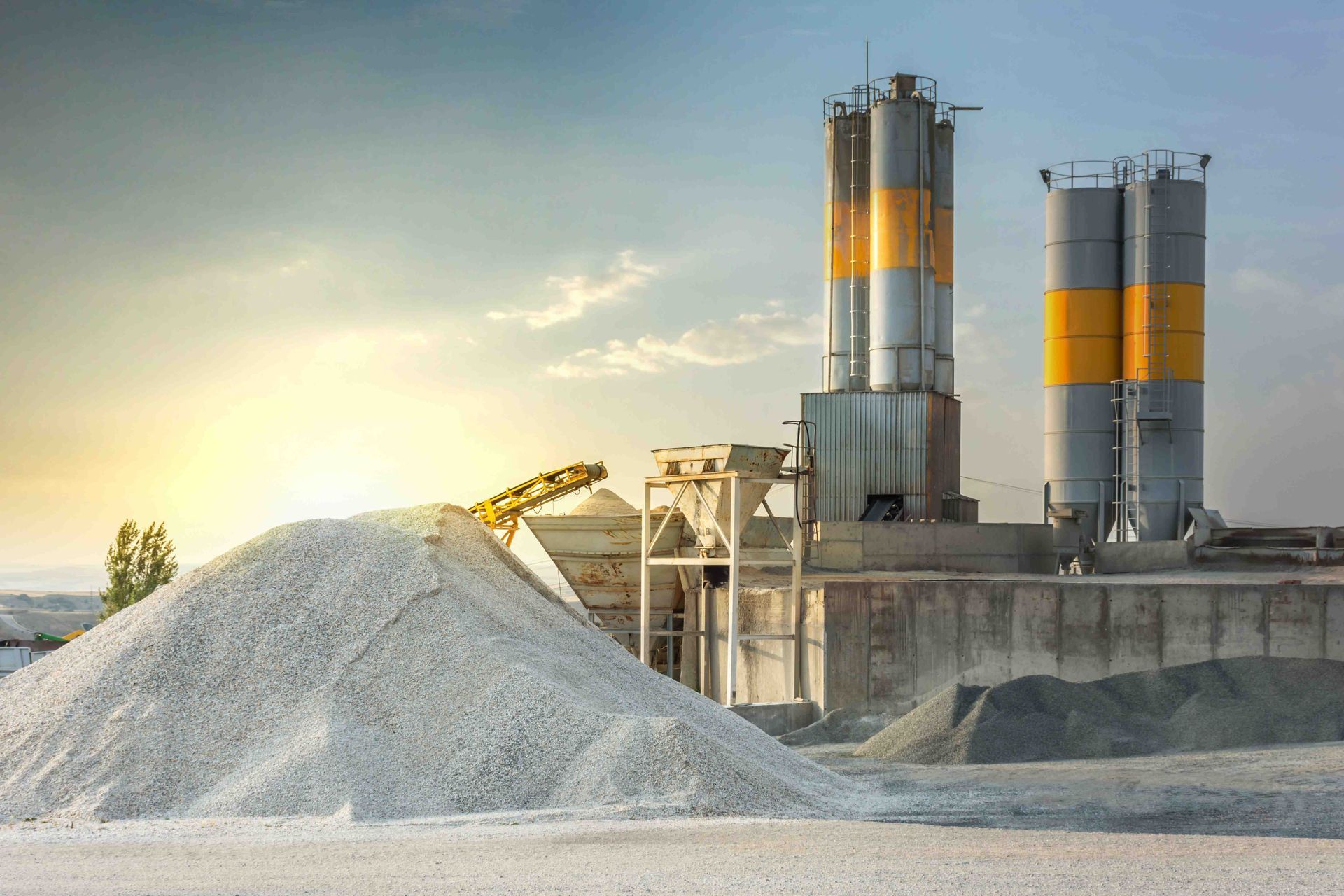Top 5 Strategies for Better Water Safety

Water activities are fun and relaxing. Yet, it’s important to make sure everything is done safely - no matter who is involved with it all. Whether it’s at the beach, pool, or even a lake - water safety is important.
We will be going over the top five strategies for better water safety. This will allow you to stay vigilant of what’s going on around you. These strategies can make a huge difference between a fun, safe experience and one that may go south quickly due to a situation that threatens the health and safety of yourself or others.
Ready to learn more about these strategies? Let’s get started now.
1. Learn to swim and teach others
Learning how to swim is one thing. If you don’t know how, sign up for lessons provided by your local rec center or related organizations like the YMCA. Proficiency in swimming will enhance your own personal safety while being able to assist others in an emergency situation.
When you take swimming lessons, you’ll learn proper swimming techniques, breathing exercises, and water survival skills. If you already have enough of the basic skills and then some, you can teach others.
You might take it a step further and become a certified instructor yourself. This will give you the opportunity to teach others to swim so they too can become safe when they’re in the water themselves. The cycle can keep going when it comes to learning about swimming (and teaching others).
2. Make supervision a priority
Drowning is a dangerous situation for anyone - including children and even adults who are inexperienced swimmers. That’s why implementing supervision will be important to ensure everyone is having a good time in the water while keeping safe. Having a designated water watcher will be an excellent idea.
They will focus on monitoring the swimmers without dealing with distractions. Be sure to maintain close proximity and avoid distractions such as using your phone or reading a book. This is something you’ll want to do whenever you’re in a swimming area where no lifeguard is present.
Even if lifeguards are present, be sure to monitor the water. Because you may not be seeing the same things they are. As always, you must adhere to the rules, guidelines, and lifeguard instructions to ensure that they are being followed while taking into consideration the safety of you and those around you.
3. Make sure safety gear is used
The appropriate safety gear will be your best bet protecting others from water-related accidents or drowning. Of example, life jackets will be useful - especially for those who are traveling on the water by boat. These will also be useful for children, inexperienced swimmers, or those when you engage in various water sports.
When considering life jackets for others, make sure they are the right size. If you need a life jacket yourself, make sure it fits you. All life jackets must be properly fastened to ensure maximum protection.
Other safety gear include but are not limited to floatation devices, goggles, and swim fins. If you’re a parent with children who are of infant or toddler age, consider purchasing swim diapers. The purpose of these will prevent the contamination of the water while ensuring they stay clean/
If you’re boating or jet skiing, it should be wise to consider wearing a helmet or any other protective gear. This will ensure that you are well-protected in case things go haywire when you’re having fun.
4. Learn about water hazards and emergency responses
Understanding the potential water hazards and preparing for emergency responses will be essential for practicing proper water safety. Educate yourself and others about any dangers that may arise with various aquatic environments.
This will include but not be limited to rip tides, strong currents, or even obstacles that exist underwater. Knowing this will make sure you make informed decisions while navigating potential risks. Also, basic water rescue techniques and CPR will save lives.
Once again, make sure you enlist in the necessary water safety and rescue courses. This will help you gain hands-on experience in how to respond to emergency scenarios. You will learn how to prepare for the unexpected so you can act accordingly.
When it comes to being aware and learning how to act, it will prevent tragedies from happening. Your skills and know-how will make a huge difference. The more knowledgeable you are in water hazards and emergency responses, the more ready and confident you’ll feel about handling them.
5. Establish clear of rules and boundaries
Setting clear rules and boundaries will be important when it comes to promoting a safe water environment. It’s important to make sure everyone follows the rules and guidelines in order to prevent accidents. Effective communication will be useful to ensure that everyone is safe and sound during and after water activities.
Some of the essential rules will include the following:
- No running on the water’s edge or pool deck
- No diving on shallow areas
- During thunderstorms or adverse weather conditions, avoid swimming or being in the water for any other activities
- Respect posted signs and warnings where applicable
These are a sample list of essential rules that you can set. Especially if you and your family will be spending time in or on the water. Fun can be safe as long as the rules and boundaries are established.
Let PermuTrade Help You With Water Treatment
When it comes to water safety, you want to make sure everyone is enjoying themselves. Especially in an aquatic environment that is safe and clean. At PermuTrade, we take water quality seriously and we’ll make sure that you consult with a water treatment specialist that will help you determine if your water is safe to swim in.
Water activities are meant to be fun. You don’t want to worry about the safety risks. Having fun in clean water is the most enjoyable activity out there.
Ready to see what PermuTrade can do for you about water treatment? Contact us today to learn more.
Disclaimer: The information on this website and blog is for general informational purposes only and is not professional advice. We make no guarantees of accuracy or completeness. We disclaim all liability for errors, omissions, or reliance on this content. Always consult a qualified professional for specific guidance.






